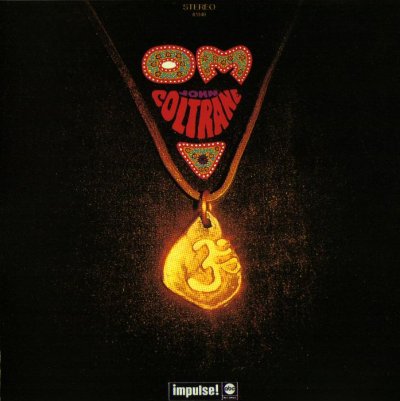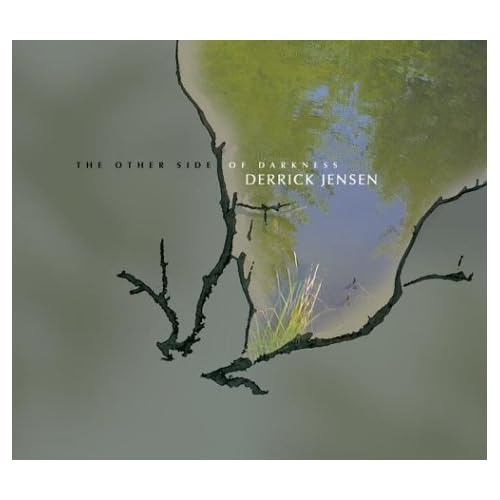The Carnatic music of southern India is no stranger to innovation and unexpected instrumentation. The human voice is probably still the preeminent sound. While the veena (a plucked string instrument) and bamboo flutes are the ancient traditional tools, the violin has been common for more than two centuries. In contemporary recordings, the mandolin, guitar and slide guitar have even found their way into the music in interesting and potent ways.
The nadaswaram is one of the important wind instruments in Carnatic music, a loud reed instrument most often used in outdoor ceremonies. So the alto saxophone makes perfect sense, with its wide range of sounds and its ability to "bend" to the microtonally exact system of melody in Carnatic music. Fifty year old Kadri Gopalnath has pioneered the use of the saxophone in this music, to both critical acclaim and the loud protest of the keepers of tradition (whose forebears probably had a bit to say about the violin, too). He has adapted the music of the nadaswaram to his chosen instrument, but he is also expanding the boundaries of the music, making the saxophone a unique rather than imitative part of a new music.
The songs on Gem Tones are both ancient and unique. As an example, two of the works on this CD are from the venerated composer Tyagaraja (1767-1847), and yet another dates back to the 16th Century. They retain an incredible sense of agelessness and yet seem strangely contemporary, full of rich improvisations and Kadri's personal style. These works are accompanied by mridangam (an hour glass drum), morsing (a metal "jew's harp")and violin. It is neither pop music nor a revived classical style in the Western sense. The tradition is based on change and Kadri Gopalnath is offering the saxophone as another part of the music's evolution. *









